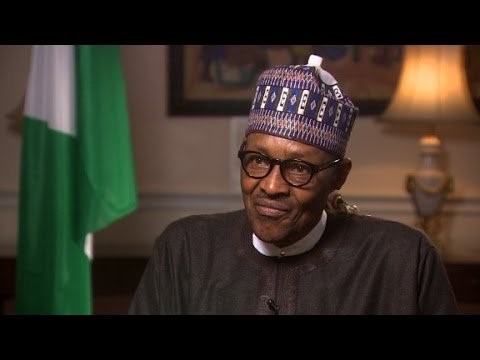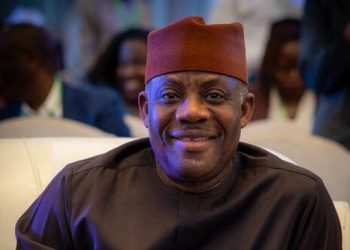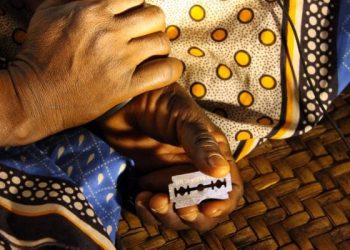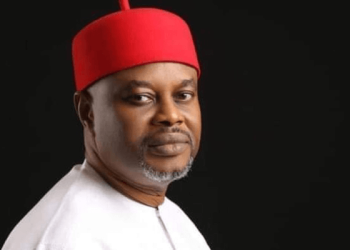- Some progress recorded, but there is room for improvement
When the Muhammadu Buhari administration was inaugurated on May 29, 2015, expectations were high that fundamental changes had come. During the campaign, the new president and his party, the All Progressives Congress (APC) had told Nigerians that an end had come to their sufferings, and the country was about being launched into the orbit of great nations.
In his inaugural speech, President Buhari who was considered the most experienced person to have been elected to the office acknowledged this when he said, “ the newly elected government is basking in a reservoir of goodwill and high expectations, Nigeria, therefore, has a window of opportunities to fulfill our long-standing potential of pulling ourselves together and realising our mission as a great nation.“
In the past 36 months, there has been some progress recorded – in agriculture, physical infrastructure development, electricity generation and transmission, as well as social welfare. Despite failed attempts in the past to boost rice production and thus save foreign exchange expended on its importation, the Central Bank of Nigeria (CBN), through the Anchor Borrowers Scheme, and in collaboration with state governments, is promoting cultivation of hectares of land in many states of the country. And, in a bid to rejuvenate the dilapidated physical infrastructure, the Ministry of Power, Works and Housing, as well as the Federal Ministry of Transportation have been funded in an unprecedented manner.
Major roads in the country are either being rehabilitated or constructed, housing schemes are springing up and Nigerians are beginning to have a glimmer of hope that the railway will soon begin to work, thus saving the roads of the wear and tear from haulage. Work has commenced on the Second Niger Bridge that most people have given up on. According to the Federal Government, work has progressed to 40 per cent. In the same way, power generation has surged to 7,000 megawatts for the first time, thus raising expectations that the 10,000 megawatts target may yet be realised.
On the economy, it is to the credit of the government that the country was pulled out of recession within a short period. For four consecutive quarters, there has been some growth in the Gross Domestic Product (GDP).
Security was one of the cardinal programmes of the APC. The party leveraged on President Buhari’s military background and promised to tackle the insurgency in the North-East, kidnapping in the South-East, militancy in the South-South and armed robbery in the South – West, in no time, if elected. Three years after, many Nigerians will attest to the business-like approach to decimating the power of Boko Haram insurgents in Borno, Yobe and Adamawa states, largely confining them to attacks on soft targets. Military hardware that previous administrations could not procure are now being delivered, thus boosting surveillance and firepower in the air and on ground.
However, in so many ways, the government has failed to advance the cause of democracy and welfare of Nigerians. While it has achieved qualified success in combating the Boko Haram insurgents, the herdsmen menace has reached alarming proportions. In many states, herdsmen have been on the rampage, killing and maiming farmers over the ostensible reason of feeding their cattle. Unfortunately, the security forces have either looked on or inexplicably slow in rising to the occasion. The justification by the Minister of Defence gave the impression that the herdsmen could be enjoying the support of the Federal Government. In Benue, Taraba, Adamawa and Nasarawa states, in particular, AK 47 rifle-wielding presumed herdsmen have continued to kill at will. Besides, kidnapping that was largely restricted to the South-East is now a national menace.
The Rule of Law is at the heart of democracy, but flagrant disregard of court rulings suggest that the president has little regard for the judiciary as an arm of government. For years now, the Shiite-Muslim leader in Nigeria, Ibrahim El-Zakzaky has been held in detention despite being granted bail by a court of law. Col. Sambo Dasuki, too, who was the National Security Adviser in the Jonathan administration has been held in captivity contrary to provisions of the 1999 constitution.
While the government has promised to do more in providing sorely needed infrastructure in the remaining 12 months of its tenure, it must pay attention to the distribution end of power supply. It must step up its provision for the most vulnerable members of the society. Above all, the Buhari administration is probably the most divisive in the country’s history. Along ethnic, religious and social class lines, Nigerians are more divided today. The chasm must be addressed for us to make progress.
In the next one year, the government should resist the temptation of abandoning governance for raw politicking. At 76, President Buhari should realise that he owes the society the duty of laying a solid foundation for social, political and economic development in the mould of the first post-apartheid South African President, Nelson Mandela.













































